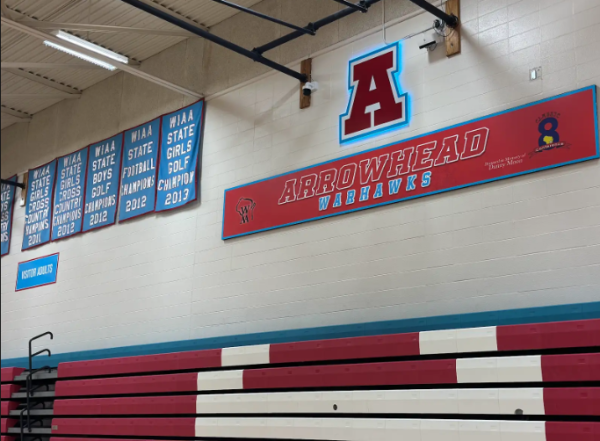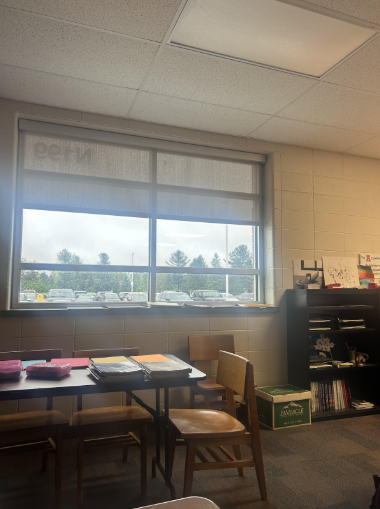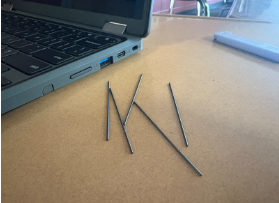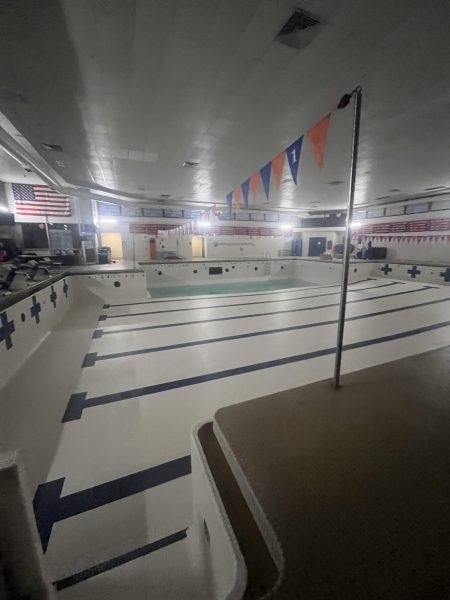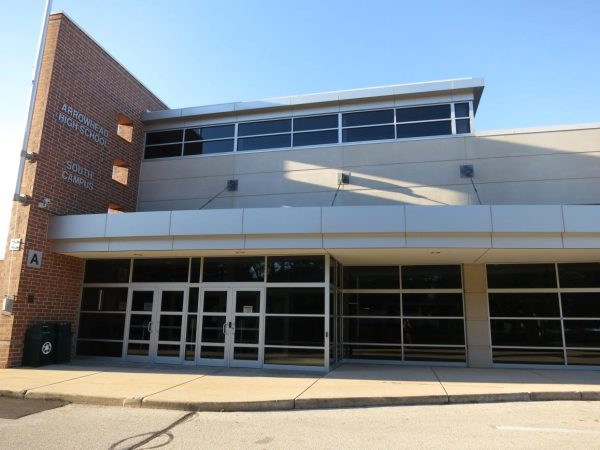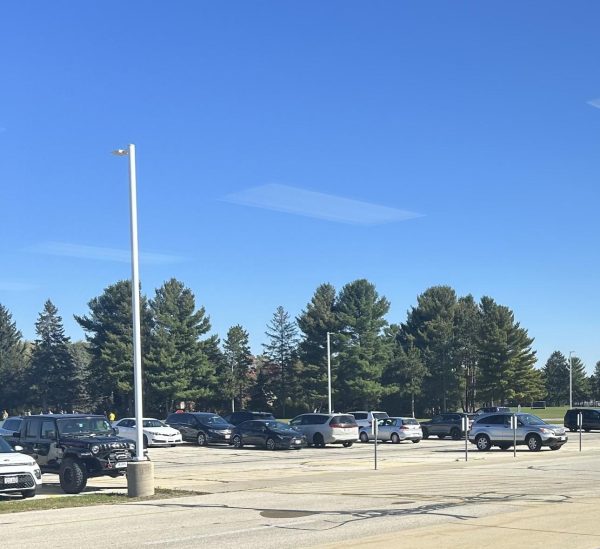AHS Students Continue Working during COVID-19
Since the outbreak of COVID-19, the US has gone from an unemployment rate of 3.7% in August of last year to over 8% as of August 2020 (National Conference of State Legislatures, 2020). This has affected both students and adults at Arrowhead in the working class.
In response to the outbreak and demand for businesses to start again, protocols have been put in by the governor such as a mask mandate which has allowed Wisconsinites to go back to work but also affects the way that we work.
Ethan Fischer, a senior at Arrowhead and an employee at Balax Inc., said, “we’ve been mandated to wear masks, we also use separate doors for entering and exiting to minimize contact.”
Ethan Fischer makes screws for the Balax factory around his co-workers. He said “two of my co-workers have quit and another eight were either let go or fired.”
Ethan Damon, a senior at Arrowhead and worker at an undisclosed restaurant in the Hartland Area of Wisconsin, said that “to be honest they didn’t really take any precautions for COVID[-19] which I think is pretty unsafe.”
He said, “it was a little rough at the start but as things moved on it got easier.”
According to the U.S. Department of Labor’s website, “it is a good idea to take precautions to prevent spreading the disease.” The U.S. Department of Labor also states the following on their website:
For all workers, regardless of specific exposure risks, it is always a good practice to:
- Frequently wash your hands with soap and water for at least 20 seconds”
- “Avoid touching your eyes, nose, or mouth with unwashed hands
- Practice good respiratory etiquette, including covering coughs and sneezes.
- Avoid close contact with people who are sick
- Stay home if sick
- Recognize personal risk factors. According to U.S. Centers for Disease Control and Prevention (CDC), certain people, including older adults and those with underlying conditions such as heart or lung disease or diabetes, are at higher risk for developing more serious complications from COVID-19.”
